Looking for a youth life coach?
Here are some Certified Youth Resilience Coaches who may be a fit. All YCI trained coaches are equipped to apply evidence-based coaching for youth and young adults. Just click the link in their profile for a redirect to their coaching website for more about their services. All offer services virtually, internationally. Some offer in-person sessions for those local to their areas.
This directory is a work in progress. We’re currently in the process of compiling and adding our alumni coaches with availability for new clients. We appreciate your patience as we expand it.
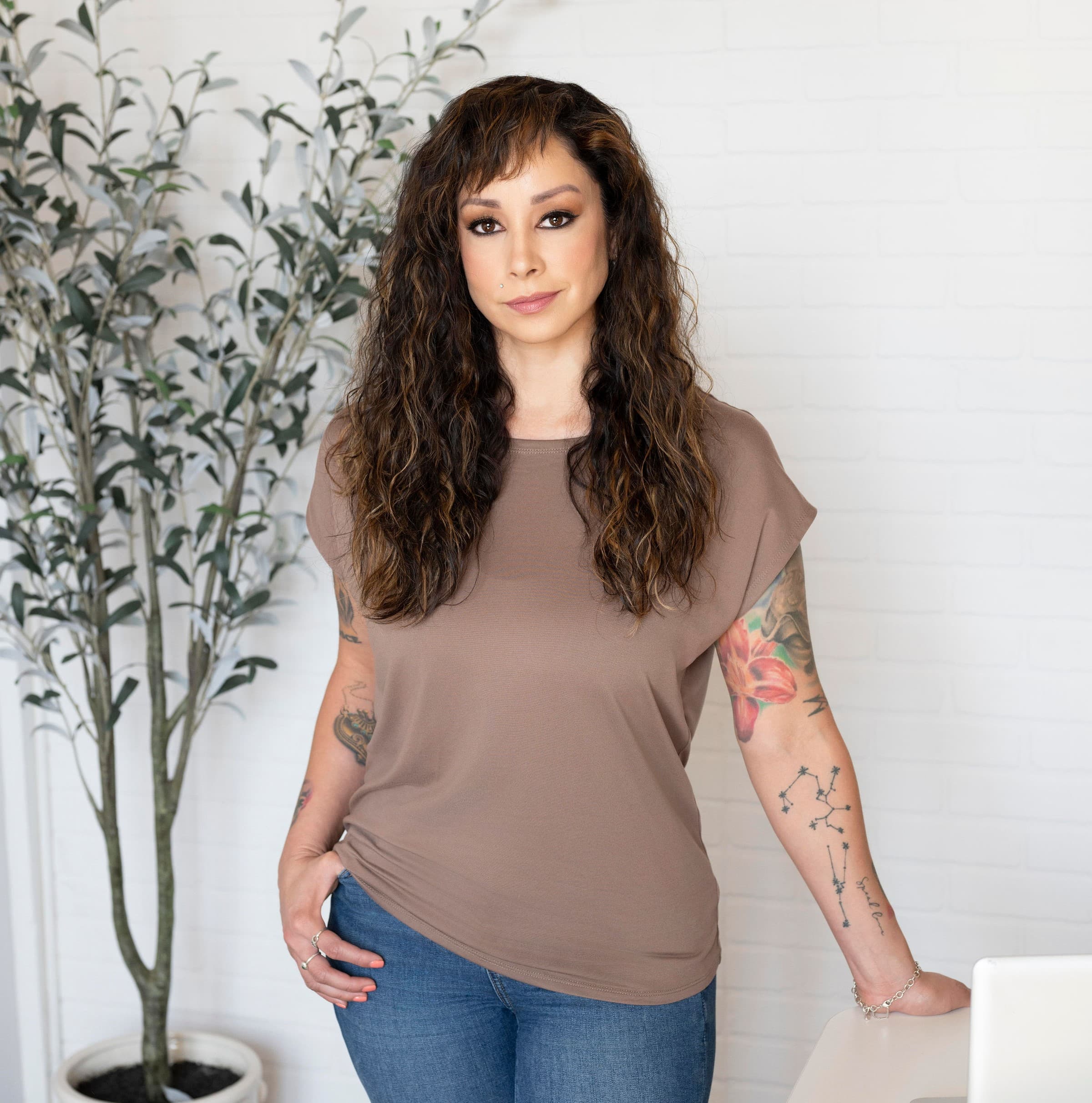
Leah B. Mazzola, PhD, PCC, BCC
Psychology expert applying the science of learning and behavior change through evidence-based coaching. I support clients as they attend to the self-development relevant to bridging gaps to where they want to be in life, education, and work – with special attention to building skills that mitigate unnecessary distress and enhance well-being for optimal performance and thriving. Life, academic, career, health and wellness, and parenting coaching available for teens and adults via Zoom.
Trained Therapist or Counselor Also Offering Coaching Services
Those managing mental health diagnoses that are currently well-managed who are ready for coaching, can benefit from working with a coach who is also a trained therapist or counselor. Here are the coaches in our network who may be a fit for you.
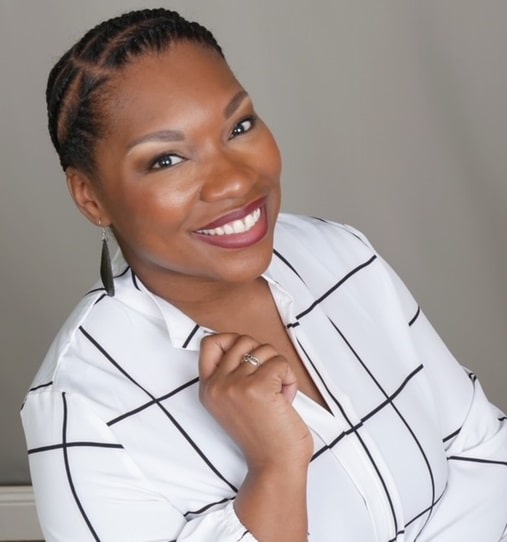
Ashlea Madison, M.Ed
My goal is to aid youth (14+), young adults and women in finding their way. I am a Certified Youth Resilience Coach and hold a Master’s of Education in Guidance and Counseling. I am a single mom to a beautiful preteen daughter which leads me to my why. My life’s passion is to assist clients in feeling empowered despite their circumstances, choosing goals that fit where they are headed and to ultimately get out of their own way. Allow your beautiful light to shine.

Cat Smith, MA Ed, BCC
In a world full of competing pressures and expectations, it can be difficult to know who you are, what you want, and what’s getting in the way of your success. As a Board Certified Coach, I utilize an evidence-based approach that illuminates individual strengths and resources and is action-based. We are all capable of overcoming limiting beliefs and self-defeating behavior. Sometimes we just need a little help envisioning the path forward and then taking the necessary steps.

Sandra Singer
Whether you need support as a parent, for your child or as a family, I am here to help! I am a teen and parent coach, and counsellor. I support teens to identify their passions and goals, and to overcome their obstacles so they can grow into more confident and self-aware young adults. Goals can range from wanting to improve grades, overcome anxiety and social challenges, or become more focused and identify the next step in life. I also support parents with overwhelm and feeling disconnected. Coaching is a great way to shift family dynamics. Together we will find practical ways for you and your teen to adapt, improve communication and engage positively.
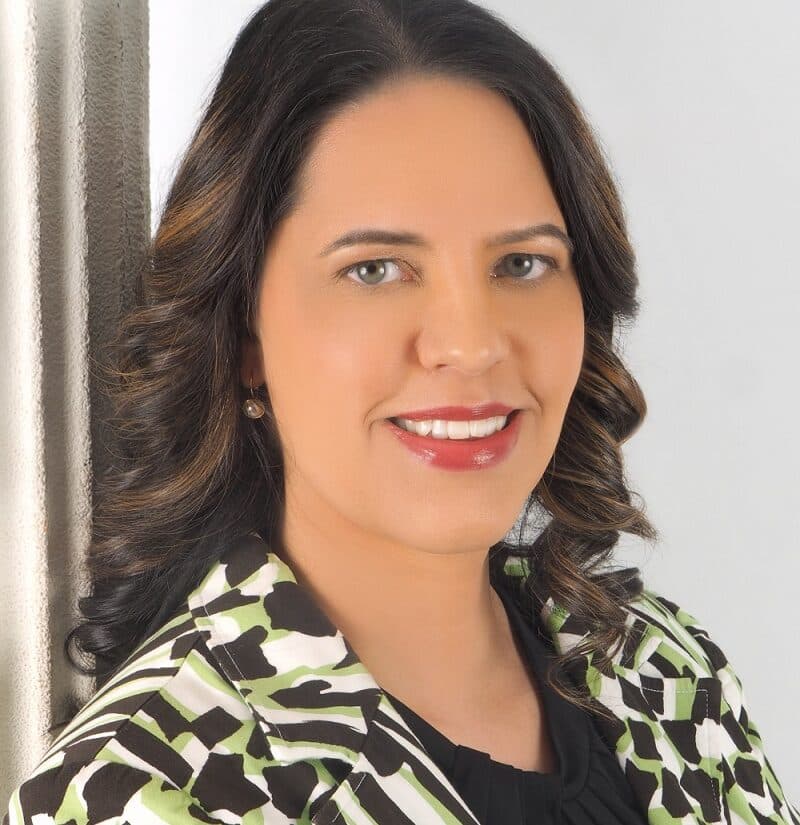
Amy Lombardo, MS Ed, ACC
As a certified life coach, I specialize in working with teenagers and young adults facing a wide range of challenges spanning from everyday life to sensitive topics. Everyone should be able to follow their dreams and be able to express themselves. I hold a Master’s Degree in School Counseling, with more than ten years of experience working with a diverse, high school student population. I am bilingual in Spanish and English.
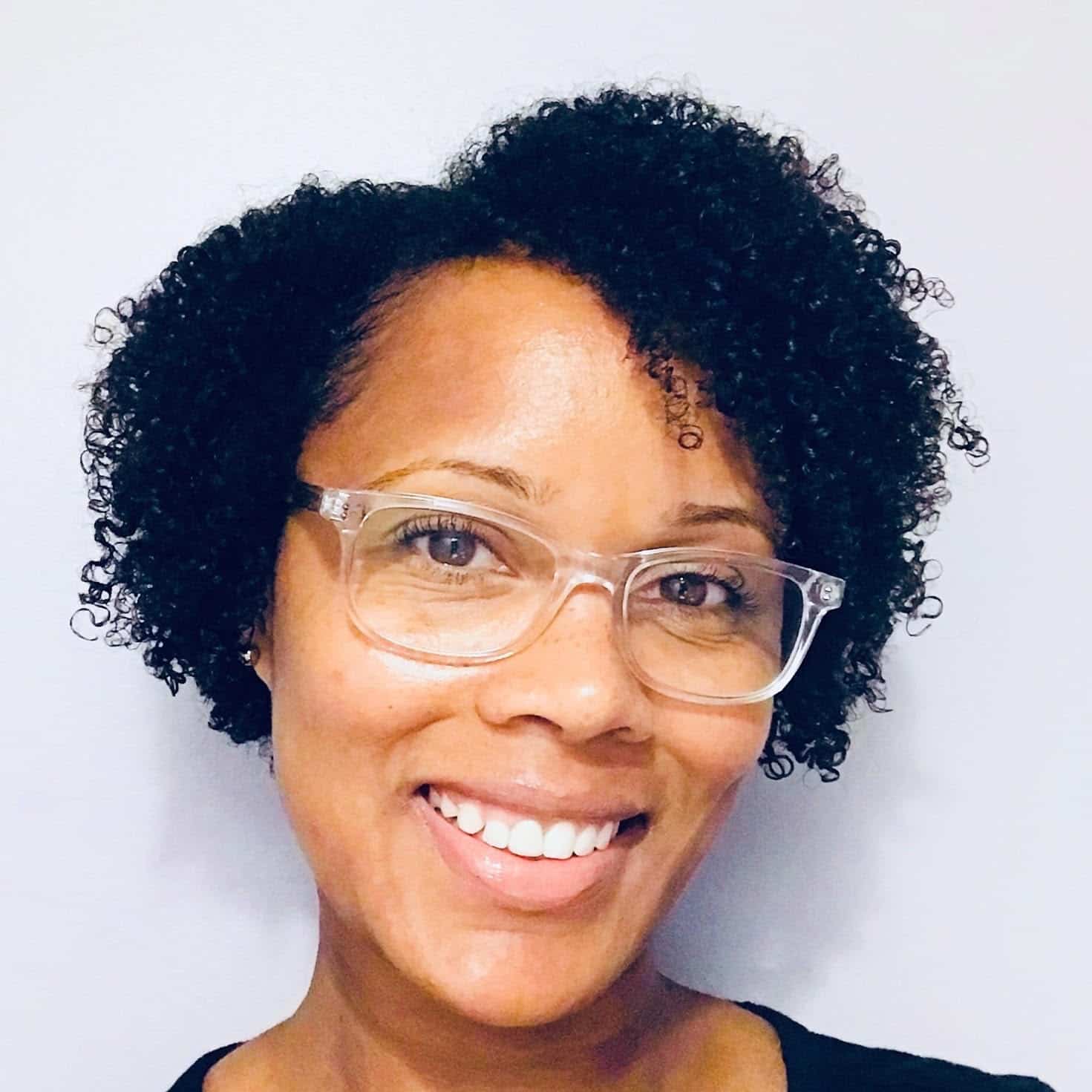
Davida I. Arnold, BCC
As a life coach, I help youth and adults to achieve the goals, solve the problems, and make the changes they have not been able to do on their own. I am a Board Certified Coach (BCC), and I also have a Master of Science degree in pastoral counseling. In addition to being a coach, I am a wife and a mother of four children. My home base is in Ohio, but I coach clients virtually worldwide.

Angie McIntyre, EdS, ACC
During my work as a school psychologist and Youth Well-Being Coach, I have witnessed the power of encouraging young people to determine their personal path. As a coach, I am deeply dedicated to supporting self-determination in young people. I deliver my coaching via a person-centered approach based on the Rise and Thrive Model, a research-based process developed and proven by the Youth Coaching Institute. In addition to my private practice, I contract to coach students with a well-established online private school, as well as with a private skills-based coaching organization.
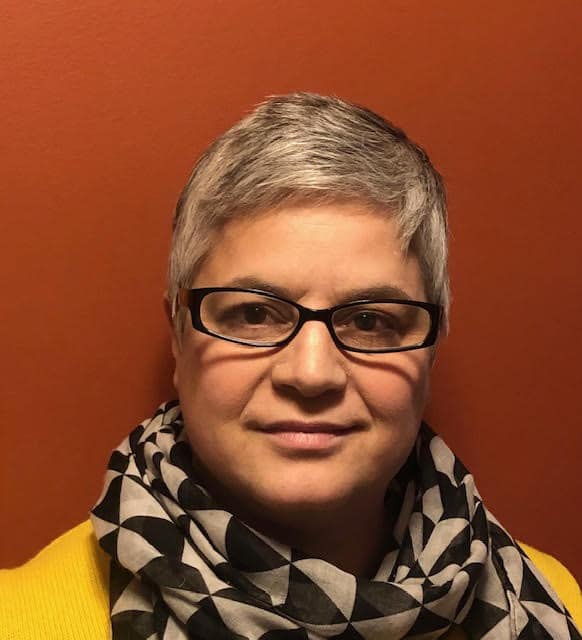
Linda Conway Hensley, MEd
I am a practicing school psychologist and coach with over 20 years in the education and mental wellness fields. My passion is working with teens and young adults (16+) as they strive towards the life they dream of as well as supporting parents in their parenting journey. I am uniquely qualified to provide youth and young adult coaching, academic coaching, parent coaching and educational advocacy support.
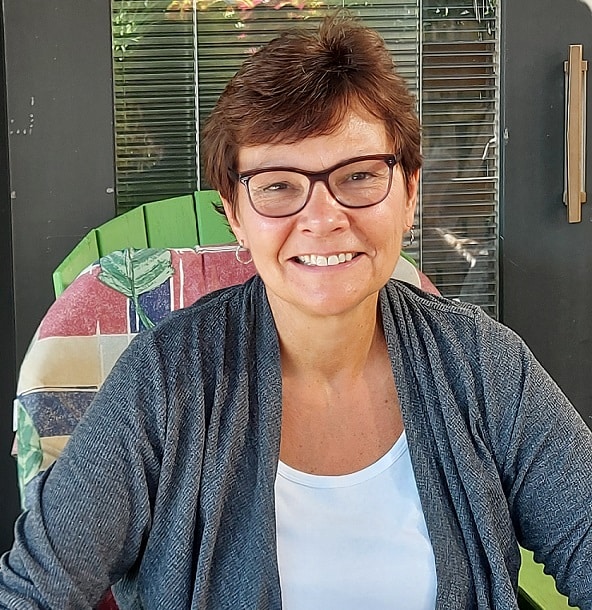
Brigid Howard, MS, ACC
As a counselor for many years, I have helped teens and adults of all abilities and difference work through barriers to reach their goals. I offer services to best assist the needs of individuals who want to move forward, discover themselves, and reach their potential. I am a Certified Youth Coach, Certified Rehabilitation Counselor and hold a Master’s degree in Counseling Education.
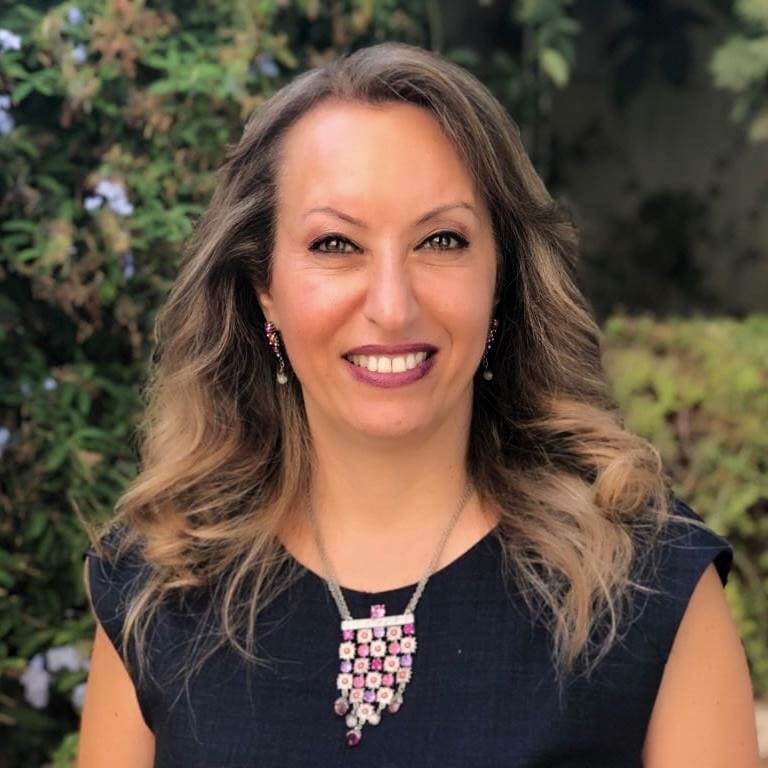
Ruba Atallah, MA, ACC
I’m passionate about helping young people discover their potential. As a Youth Resilience Life Coach, my mission is to guide adolescents and young adults on their journeys of self-discovery and empowerment. I understand the challenges of growing up and am here to help navigate them. With years of experience in education development, I’ve seen the unique hurdles and opportunities today’s youth face. I work with adolescents, parents, and educators to create supportive environments. Through personalized coaching sessions, I aim to boost confidence, build resilience, and inspire a positive outlook. My interactive coaching style resonates with young individuals, helping them believe in themselves and pursue their dreams. Together, we can achieve amazing things.
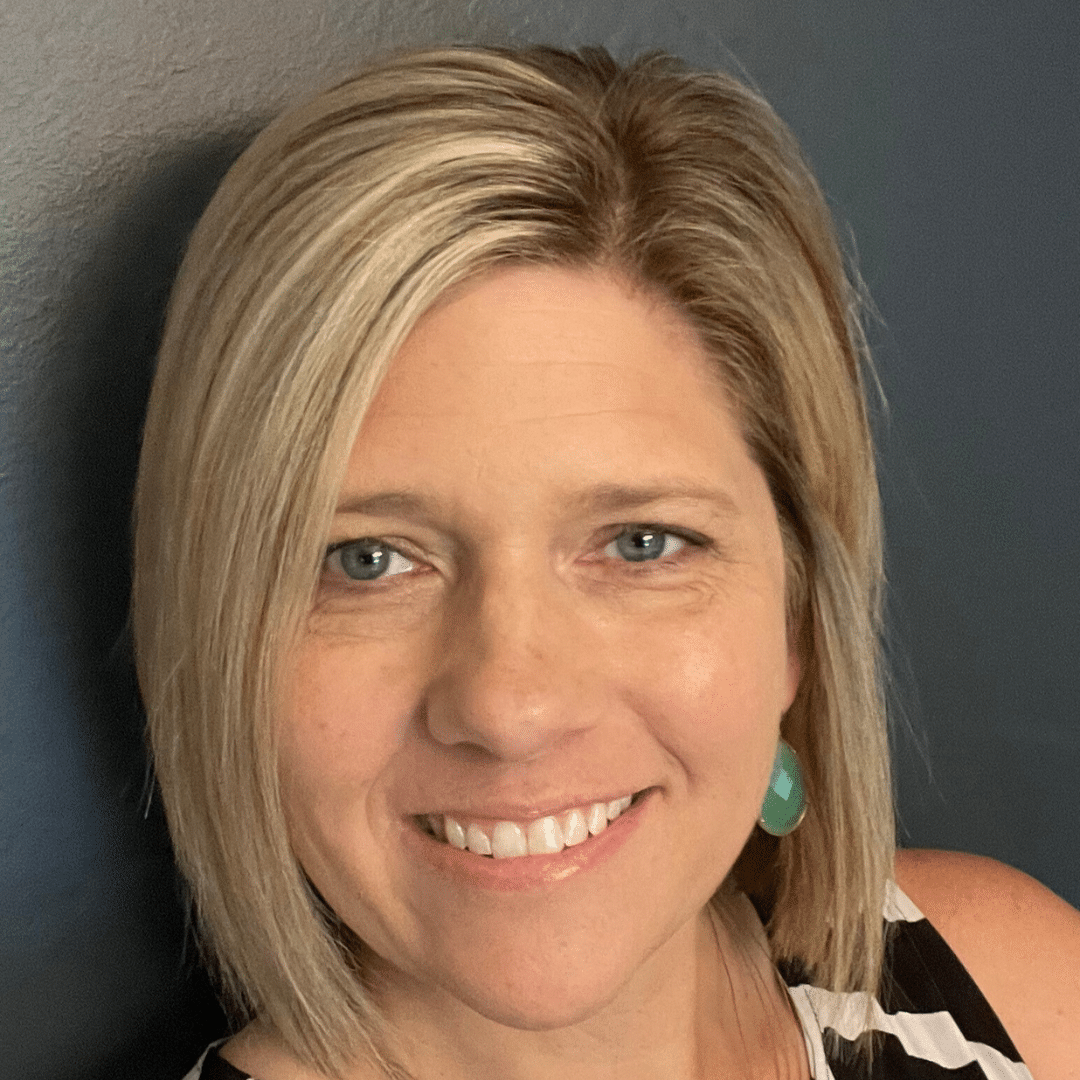
Kelly Shanks
As a school psychologist, school counselor and now life coach, creating positive environments where young people feel supported and heard is especially important to me. I believe nurturing curiosity can empower them to pursue their goals with purpose and determination. Through Life Coaching, I am able to work with young people in a deeper, more meaningful way. At 2 Thrive we’ve developed a unique approach that combines coaching methods rooted in positive psychology, engaging activities delivered via a dynamic online platform, and specialized programming aimed at specific areas important to our clients. As coaches, we believe true growth stems from within and our role is to empower, encourage, and build confidence as we hold our clients accountable and keep them excited and connected throughout the coaching process.
Recovery Coaching Services
Those who can use support with substance abuse recovery while working toward their goals may find a fit here.
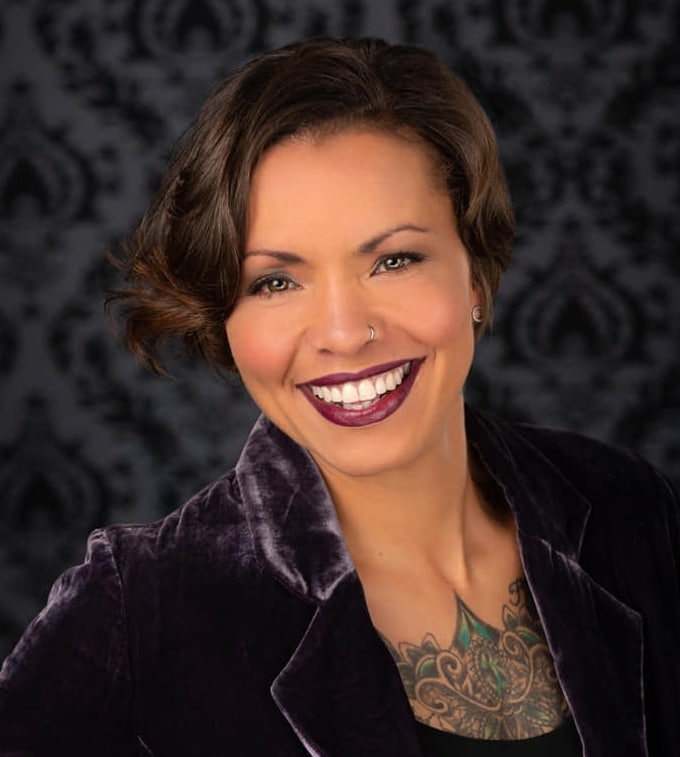
Racquel Garcia
I am a trauma survivor, teenage bride, recovered alcoholic, welfare recipient and I thrive with a chronic illness. That was my #Hard. I am also a sober wife, mother, social entrepreneur, counselor, life coach, spiritual guide, author and speaker. This is my #Beauty. I’ve had my share of breakups, breakdowns and breakthroughs…I did my work. I put my life back together piece by piece and I am here to help you do your work.
Coaching Services Only
Those who do not have a mental health diagnosis or substance abuse issues can generally find a great fit with coaches who do not have clinical mental health or substance dependency training. Here are some coaches in our network who may be a good fit for you.

Phil Black
Phil Black is an Author, Inspirational Speaker, and the Founder of The Manhood Project (TMP). The Manhood Project is a coaching and personal development program designed to maximize the positive qualities of young men, while minimizing their temptations to engage in at-risk behavior. The program focuses on character building, development of communication skills, and personal exploration. He also supports a handful of private clients through his private practice.

Julia King
With over 30 years of experience in education and extensive human interaction across various age groups, I have acquired the knowledge and developed the leadership skills necessary to help others navigate their journey to self-empowerment. I approach people with ease, stemming from genuine kindness and concern for others. My innate ability to communicate and empathize with others allows me to connect easily with anyone. This personal connection benefits my clients immensely. I advocate for believing in oneself, despite the obstacles or problems that may clutter the path to success. I firmly believe we all have the answers within ourselves to lead the rich lives we deserve. With the proper support, we can command control of our situation and achieve our goals and dreams. As a Life Coach/Academic Resilience Coach, I emphasize the importance of continuous growth, development, and learning as the world changes and new challenges arise. This commitment extends not only to myself but to all those I have the fortune to meet on their journeys. My extensive experience, empathetic nature, and unwavering support make me an ideal coach for parents, teens, and young adults seeking to overcome challenges and achieve their full potential. Let’s embark on this journey together, celebrating each success and striving for new heights every day.

Ryan Goldstein
I believe that connection and a feeling of belonging and being heard are essential for young men. I’ve been a teacher for over twenty years, a sports coach, and I’m a Certified Youth Resilience Coach. I support adolescent boys and young men in gaining deeper self-awareness, building self worth, contending with stress, and reaching their goals. Together we will get clear on what’s not working and what’s getting in your way. We’ll create steps to make real changes. We will work to uncover your innate potential and your authentic voice through the non-directive, nonjudgemental coaching process. You will discover, or, rediscover, your own courage to overcome limiting beliefs, take on challenges and create new, healthier patterns and habits.

Saloni Hora
I am a legal, mental health and sustainability professional with over 20 years of work and life experience in Hong Kong, Mumbai, Tokyo, New York and Oxford.
I support teens and young adults to thrive in the areas of: social and emotional health, academic resilience, career exploration, identity and belonging. I take a contextual and holistic coaching approach that is rooted in positive psychology and the philosophy of the best interests of the child. At the core of my work is the overarching theme that ensuring our youth are happy, healthy and safe, will empower them to maximise their potential to thrive in school, at work and ultimately in life.

Cyndy Etler, MEd, ACC
I use evidence-based strategies to help young people figure out what they most want, what’s blocking them, and how they can slay the blocks and create their dream life.
Many adults want to help teens, but don’t know how. With my teen coaching, kids feel heard and understood…and excited about creating positive change.

Joe Chan, PCC
Ark of Hope is a boutique coaching service for families who want to improve their communications and prepare their teenagers for the future
right at your doorstep. We offer programmes and services for parents and youth and journey with them towards their Ark of Hope together.
I have two decades of experience working with youth and families. I am a Professional Certified Coach with ICF and also a Master Solution-Focused
Practitioner. Today I’m also married with 2 boys.

Davina Mcknight, ACC
Coach and founder of Rap City Group; a private coaching and consulting practice along with a youth services nonprofit. Davina has spent the last 12 years in retail, finding success in managing customer relations, training and coaching employees within diverse industries to enhance comprehensive, quality services. She now helps clients gain awareness and clarification around specific obstacles in order to set impactful goals and act. She specializes in life, career and academic coaching.
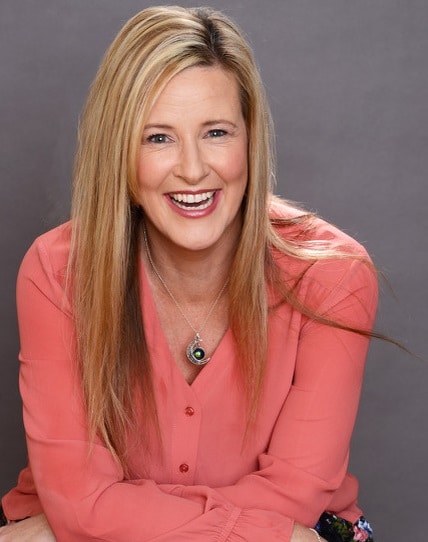
Liezel Lane, MS, ACC
I specialize in coaching teens, millennials and parents in life, school and careers. My professional experience includes 15 years in corporate organizations in Learning & Development, Executive Coaching and Human Resources and 10 years as the founder and Executive Director
of a 501(c)3 non-profit called Atlanta S.E.E.Ds Inc. (Self-Esteem Empowerment and Education through Dance) where I mentor, coach and help youth expand into their future in a safe and judgment free after school program.

Stefan Oste, NBC-HWC
My goal is for every client I work with is for them to find their definition of success and fulfillment on their terms. As a coach, I show up with unconditional positive regard, respect, curiosity, kindness, a focus on strengths, creativity, and humor. I have extensive professional experience helping youth on their growth journey, as well as personal experience with late-diagnosed learning differences (ADHD). I am a credentialed special education teacher, professional-level educational therapist (specializing in math and executive function), and Duke-certified coach (working toward National Board Certification). I have worked with a neurodiverse spectrum of clients over my career, and work primarily (but not exclusively) with clients with ADHD and learning differences.
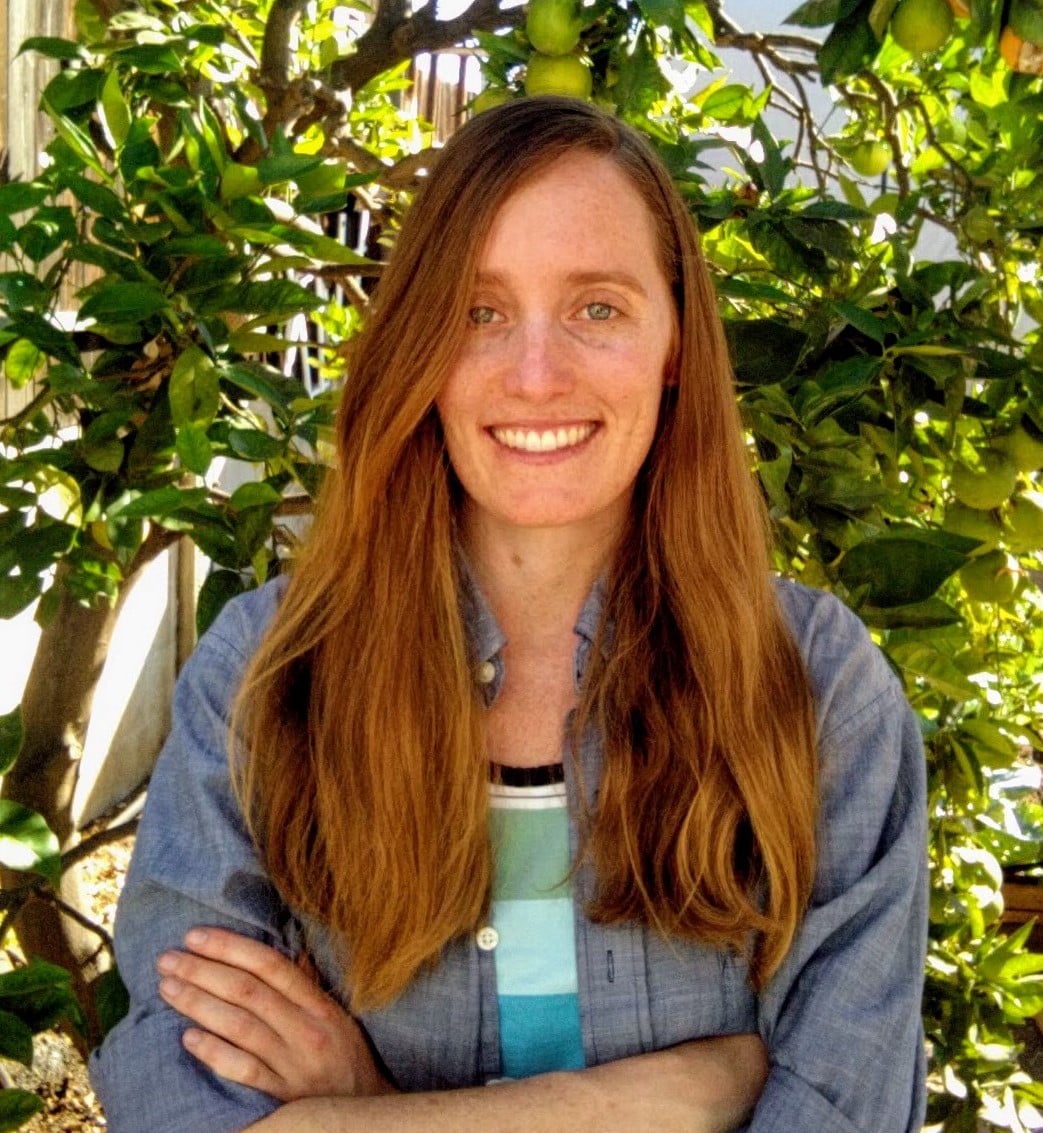
Bonnie Prestridge, ACC
I specialize in helping young people with ongoing health problems transition into college, the workplace, and adult life. Through coaching, my clients develop strategies to find answers to their health mysteries, manage flare-ups with less suffering, finish school, find and keep a job, live more independently, make friends and date with confidence, and actually enjoy life.

Margrita van der Hoek, ACC
I offer in-person sessions at my practice in Ajijic, Mexico and virtual sessions through Zoom. I am a trilingual (Spanish, English and Dutch) life coach for adults and teens. I also apply tests and offer career choice coaching for high school students. As an ICF certified coach, I am excited to embark on an evidence-based coaching adventure with my clients. It makes me happy to support people in finding their uniqueness and in experiencing plenitude in what they do and in the life they live. One little step at a time.
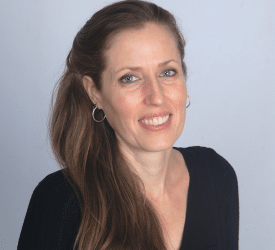
Jessica Koehler, PhD, ACC
Jessica has twenty years of experience working directly with high school and college students. After over a decade of classroom teaching as a math and science teacher, she was inspired to pursue her PhD in Adolescent Motivational Psychology at the University of Pennsylvania Graduate School of Education. In her nine years since, she continues to support teens and young adults directly as a tutor and coach and indirectly as an educational researcher and program evaluator. Jessica is the co-founder of Phare Education, LLC, with a mission to empower teens and young adults to become their fully authentic selves and how that intersects with their academic or career goals.

Tasha McGhie, PCC
I work to foster curiosity, creativity, and self-advocacy in youth so they can see and then seize their highest potential. I do this through creativity coaching and writing programs, as I am an ICF credentialed coach and a certified writing tutor. As a creativity coach, I help youth strengthen their innate creativity, growing their capacity to produce innovative and relative solutions. Spotlighting and championing their curiosity, creativity, and courage clears the stage for youth to become the changemakers they seek.

Sarah Grace, MBA, PGDip.
I advocate for applying positive psychology in both coaching and education, and witness coaching at its most powerful when future-focused, and appreciative of my client’s values, strengths and beliefs. Having worked in HR and Executive Coaching for some years, I am deeply committed to being in the service of my clients. I wholeheartedly believe in their resourcefulness, wisdom, and ability to enact positive change for themselves. Now working with teens, emerging adults and early careerists, I am proud to have a positive impact on my clients – applying evidence-based coaching approaches to support them in their desire to thrive and flourish. Life is great, so live well.

Cameron O'Brien, ACC
Hey there! I am a life coach for young high achievers. I work with clients ages 15-30 who excel in sports, arts, academics, or career. My clients have realized that their achievements don’t necessarily translate to personal fulfillment. They are looking to ditch self-sabotage, be their own best teammate, and harness their work ethic and determination to create a life that feels authentic and satisfying. I use evidence-based strategies to help my clients expand their self-awareness and self-trust. Together, we create a plan of action that leaves them feeling confident, inspired, and ready to get in the driver’s seat. I serve as a non-judgemental support and accountability partner through the entire coaching process

Lillian Powell, MA, ACC
I am a certified life coach and human behaviorist who is at a stage in life to be able to give back to the next generations by providing the tools, strategy & unconditional support to help people create meaningful changes within their lives. In the corporate world for many decades and the past 5-6 years as a substitute teacher & school counselor, I have plenty of insight into the many struggles adolescents, young adults & seniors face in trying to navigate life, school and careers.
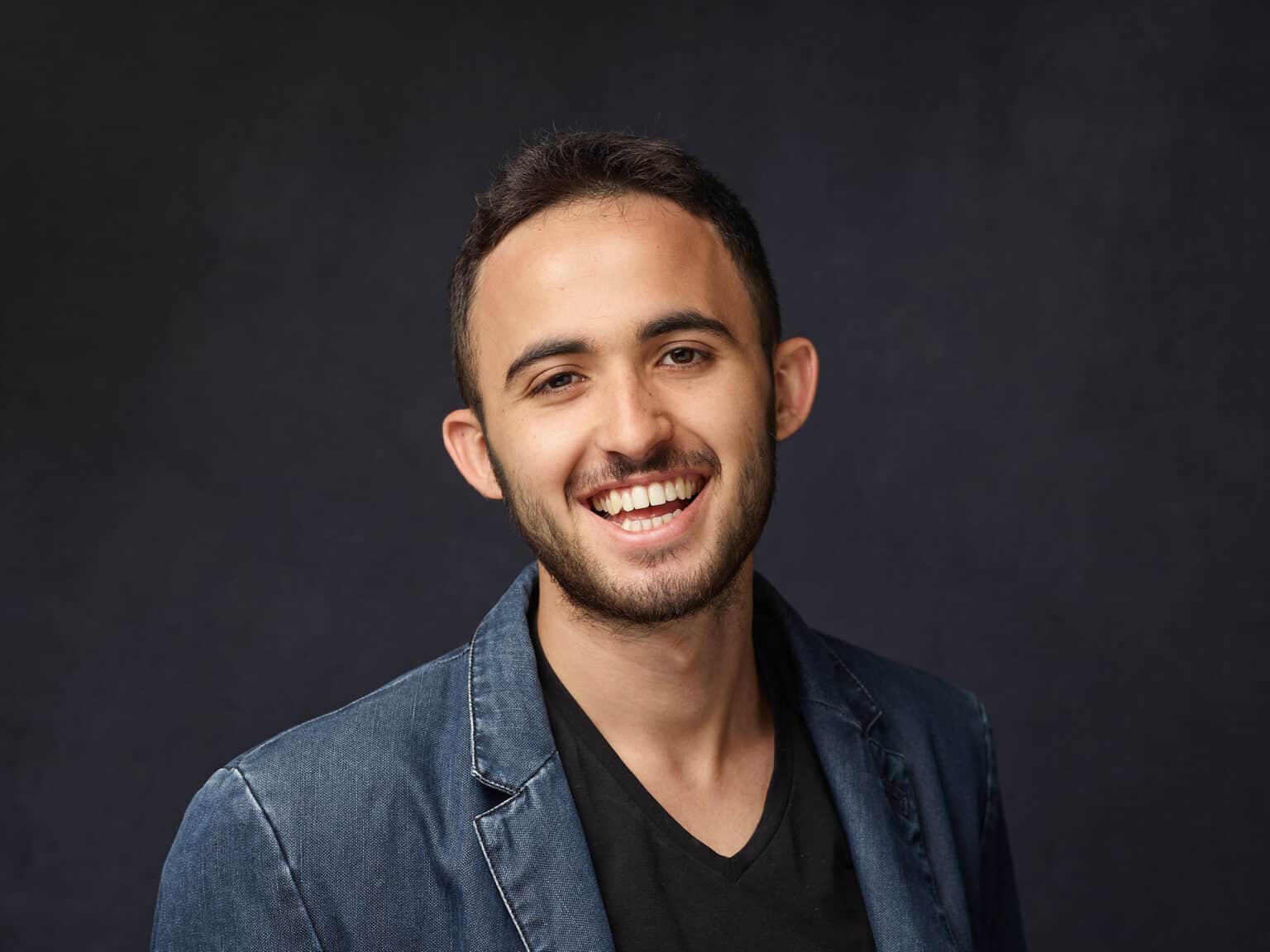
Daniel Moor
I am a certified life coach and mindfulness teacher. I struggled with trauma and depression for all
my teenage years and as I healed from it, it became my biggest passion to give some of what I’ve learned back. What I most care about in the entire world is helping people heal, be happy and create their dreams. I work with teenagers and parents from all over the world and combine my personal experience, practical coaching tools and a lot of unconditional love and acceptance to help youth
overcome struggles, manifest their dreams and be happy in life.
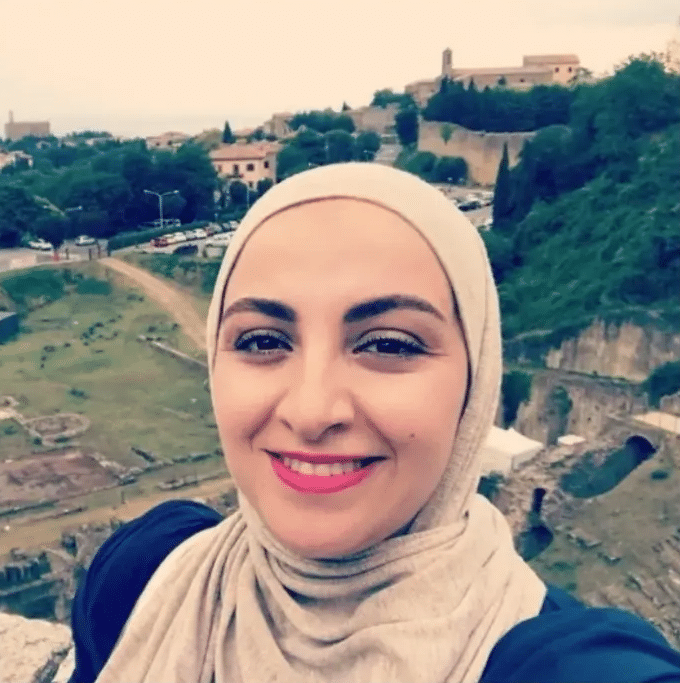
Amani Bataineh
Passionate human being, Certified Professional, Trainer and Coach with 17+ years of experience in business development, training, coaching and education. I have worn every hat in the rack through my career. I’m currently focusing on my passion of helping humans, youth and kids through empowering them. I’m achievement and innovation oriented.
I strongly believe in human potential. Being able to contribute to unleashing it is one of my life goals. I help others stand in the light and be seen as they are.

Deborah Brown
In my practice, Wild Spirit Coaching, I support young adults age 18-30 move toward thriving in independence. We tackle topics like managing anxiety and strong emotions, identifying core values, creating a life vision, gaining essential life skills, and job/education exploration, among others. Sessions take place online or in-person in the Portland, Oregon area.
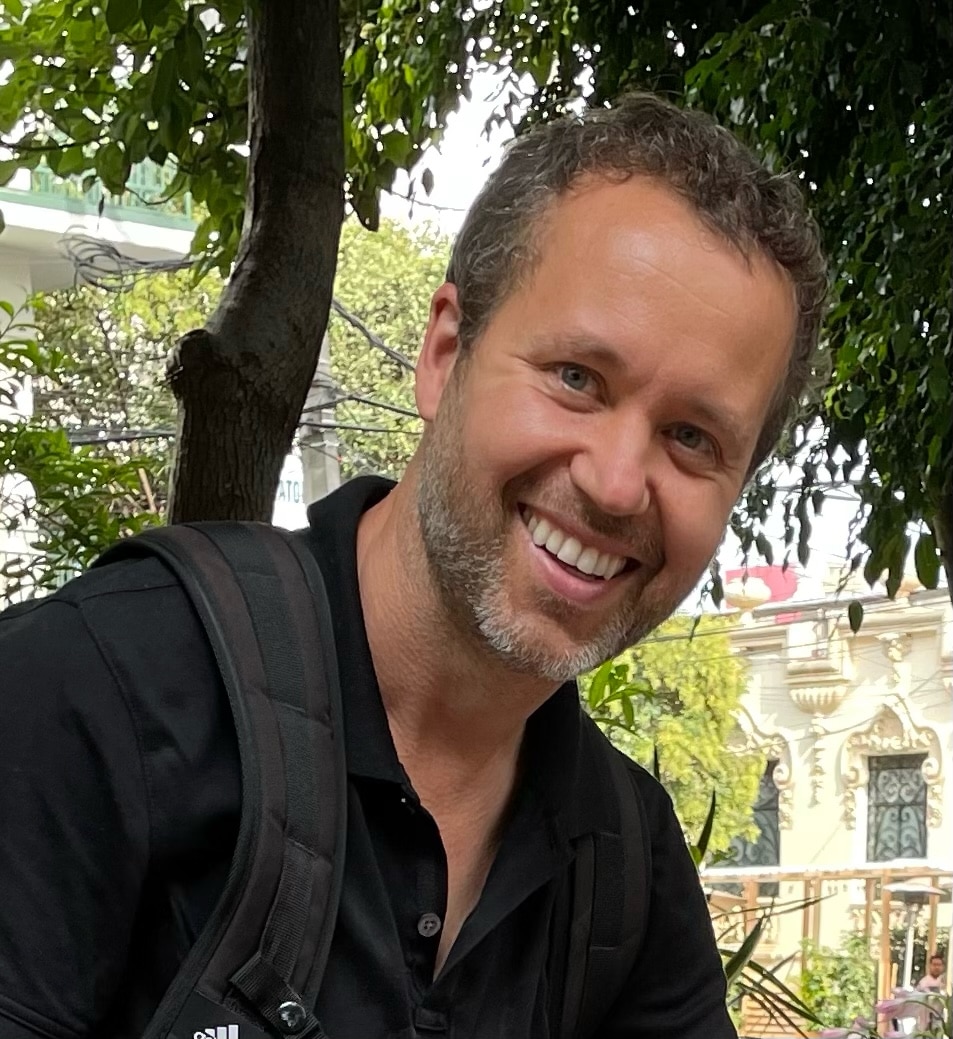
Larry Cazenave, PCC
Larry is the founder and C.E.O. of Empowered Path Coach. His passion for working with teens and young adults stems from his experience as an 8 year old in the foster system in France where he grew up. Today, he uses evidence-based coaching along with Positive Intelligence to help the 15 to 22 years old population excel in their lives.

Jackie Reyneke
As a Division I basketball player and Psychology major at Princeton University, I’ve lived through the intense pressures young people face. My journey through personal loss and trauma shaped my purpose: helping the next generation navigate challenges with resilience. Drawing on both evidence-based strategies and lived experience, I guide young people to uncover their unique strengths and create paths to authentic success.
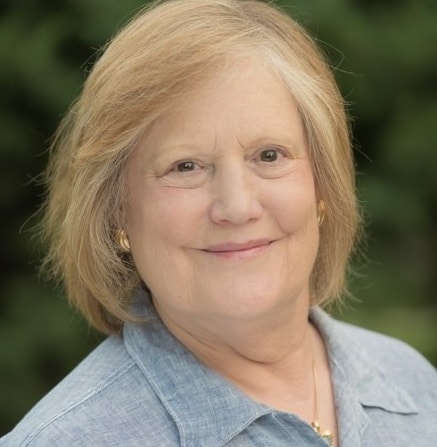
Martha Rome, RN, MPH
I specialize in research-based life coaching services for teens and young adults. As a teenager I began studying and practicing in the buddhist tradition and spent 40 years working in health care, focusing on mind/body health and wellness from an individual (nursing) and community perspective (public health). I also have a Certificate in Counseling, training and practice as a mindfulness meditation instructor, certificates to teach Japanese Tea Ceremony, and an extensive practice of Focusing (a practice of allowing our bodies to guide us to deeper self-knowledge and healing). I bring together my personal, professional, creative, and spiritual interests to support young people during these vastly challenging times.

Dina Scippa, MA
Dina is passionate about working with adolescent girls to develop skills to help them feel like their most confident selves. She provides a safe space for girls to own their strengths, set and achieve goals, eliminate negative self-talk, and above all, embrace the fundamental belief that they are enough.
Dina received her Bachelor’s in International Affairs from American University in Washington, DC and a Master’s degree in Gender and Development from the University of London.
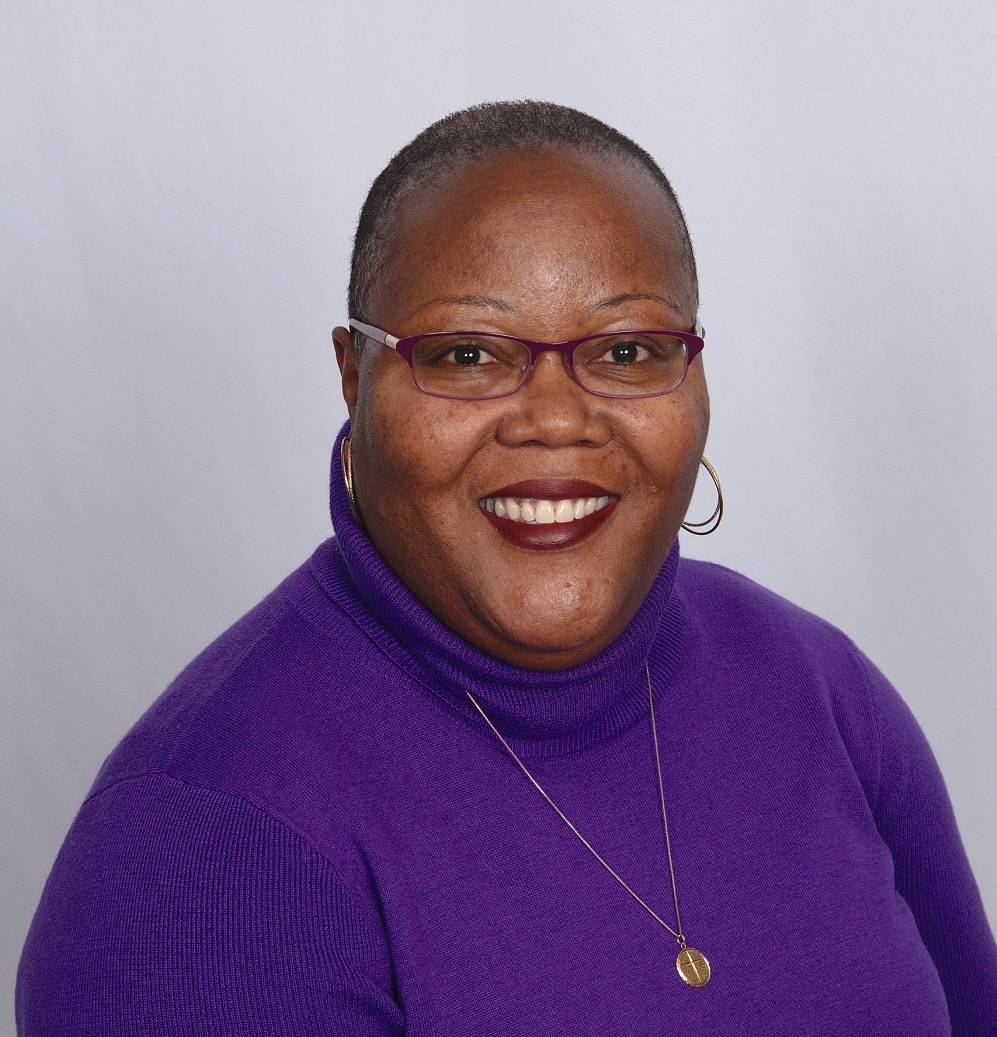
Richelle B. White, PhD
Richelle is the founder of Cutting Edge Conversations, LLC, a coaching, mentoring, writing, consulting and teaching services company that helps, supports, equips and empowers people in their journey toward human flourishing.
For more than 30 years, Richelle has served and walked alongside youth and young adults as an educator and minister. She is passionate about helping others discover their identity and purpose and become the best version of themselves.

Derneeka Cruse, MBA
So many years of education, yet nobody ever taught us how to love and care for ourselves and why it is so important.” Derneeka is a mother, educator, yoga and meditation teacher, life coach for mothers, daughters and educators, and an intuitive medium. Derneeka’s life journey, specifically, her mothering journey has lead her to help mothers and daughters of color. Derneeka works with mothers and daughters to help them discover their unique selves outside and within their relationship so that together, they can create a new path for all the generations that will come after them.
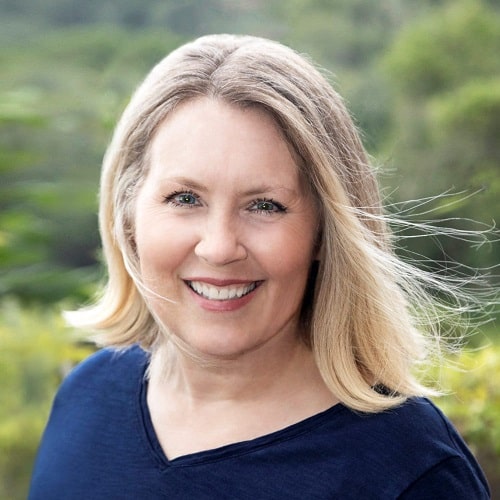
Joy Robinson, ACC
Is your daughter struggling? I can help. For over ten years, I’ve worked exclusively with teen girls and young women to help them reach their potential and thrive. As a certified life coach, my work with your daughter begins with a thorough assessment to understand the issues, and from there we work towards meaningful change so she can develop into the empowered female she is meant to be. My coaching provides a safe space for girls to open up, self-reflect, strive for and reach their goals. I have a passion for what I do, and would love the opportunity to work with your daughter. Contact me today for a free 20-minute consultation.
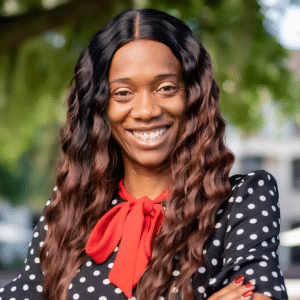
Shari Battles
Shari is the Founder of Scars of Hope, LLC, and Scars of Hope Outreach Inc 501(c)3 non-profit. She is not only certified by the Youth Coaching Institute, but is also a transformational life coach and speaker, who has been certified by life. Growing up as an adoptee in a single parent home, she has personally championed abandonment, rejection, trauma, grief, loss, and various emotional turmoil. As an alumna of Liberty University, Ms. Battles holds a bachelor’s degree in Psychology and is currently certified in 14 different evidenced based curriculums and has an extensive background with working with different populations. She offers life span coaching for all age groups by using evidence-based strategies to assist her clients identify, face, and overcome!

Sarah Bishop, MA Ed
I help young women ages 13-30 identify and create what they want in their lives while building their sense of agency and ability. In my coaching process teen girls and young women develop strong identity instead of being defined by others; they more deeply know and trust themselves with mental and emotional wellness as a foundation for thriving. When a young woman is getting to know herself and making life choices, coaching supports her confidence. She can develop her voice, build relationships, create goals with action steps, improve engagement–all because she identifies what matters and is intrinsically motivated to learn and grow.

Kate Patraw, MEd
As a Youth Resiliency Coach with a Masters in both Special Education and Elementary Education, I use evidence-based strategies and 19 years of experience working with tweens and teens to help my clients feel heard, loved, connected, and empowered. We tackle everything from school stress and anxiety to managing learning disabilities to fostering self-advocacy skills and more, all in an effort to help clients gain confidence, independence, and resiliency while working on their individualized goals.
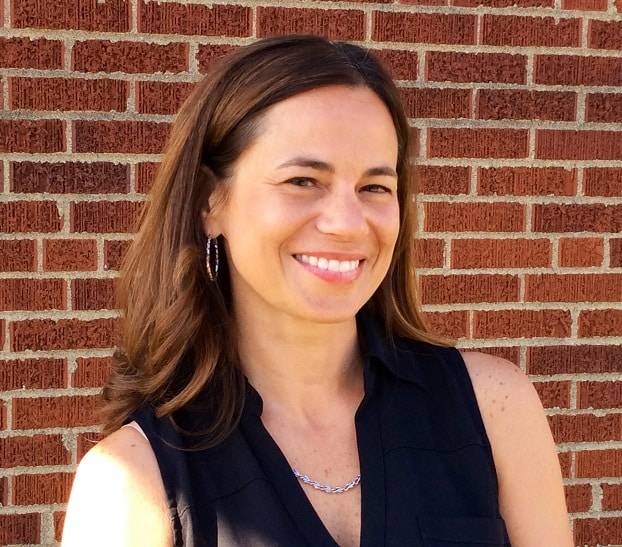
Kim Charles Younkin
As a Certified Youth Resilience Coach, Academic Coach, and Career Discovery Coach, I partner with young people ages 16-25 to navigate their life story journey. We work together on career discovery exploration and assessments, college and trade school admissions, transitioning to life after high school, empowerment and confidence, and more. Every person has the potential to pursue many paths in their life and I find joy in helping already amazing young people explore what those could be.
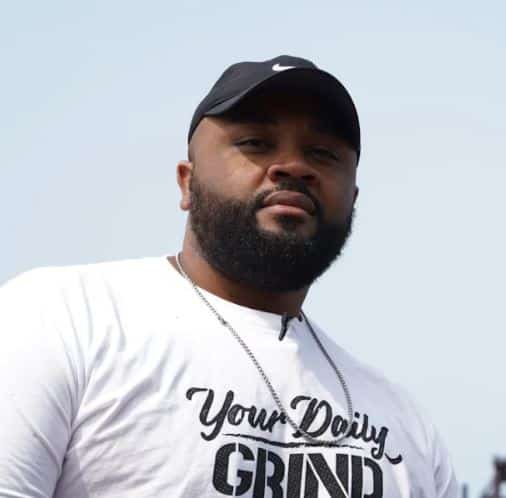
Robert Reed
Coach Reed attended James M. Bennett High School where he finished as an Honors & First Team All-Conference student-athlete. He went on to become the starting Right Tackle for Delaware Valley University in Doylestown, PA then followed his career into the Professional Arena Football League. After his football career, he went on to mentor at-risk youth and train football athletes. He now serves as a Linemen Specialist and Certified Resilience Life Coach to transition athletes and youth into resilient leaders. Email him at coachrobreed@gmail.com

Rahul Shah, MA, PCC
I support parents, teenagers, and adults through life transition, career, mindset, and leadership development coaching. My aim is to transform a state of helplessness to a state of control, a state of confusion to a state of clarity, and a state of ignorance to a state of knowledge. I have 22 years of corporate experience in coaching, facilitation, and conducting leadership interventions internationally. I have my MA in Psychology and am a certified youth coach and mentor.
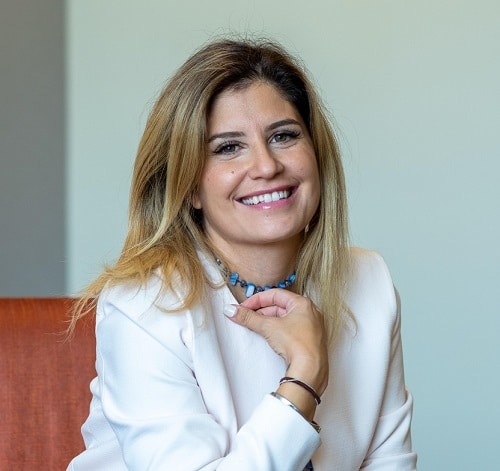
Suzette Layoun
I work with teens/preteens, families and schools from all backgrounds on different development areas relating to relationships, boundaries, peer pressure, anger management, procrastination, social and career goals. I also coach students preparing for university, applications, career decisions, internships and leadership.
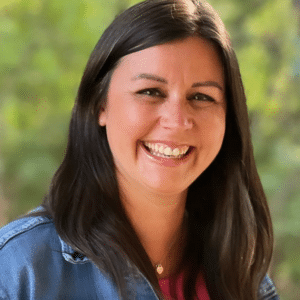
Brittany Beck
I am a certified Life Coach and Mental Health Coach. Over the years I have been on my own journey of self discovery and healing. Through each stage of life I have struggled and worked through common issues such as anxiety, lack of confidence, maintaining friendships, self care, understanding my worth, and feeling like I wasn’t enough. As a former educator of 15 years, I want to be proactive in helping teen girls handle these common situations and help women understand it’s never too late to understand your value, set big goals, and create the life of your dreams!

Mateo Alzate
I work with teens/preteens, and families from all backgrounds, especially in the inner-city context. I focus on different development areas relating to relationships, boundaries, peer pressure, emotional vocabulary, procrastination, social and career goals. I also specialize in the areas of managing anxiety and stress, coping skills for ADHD diagnosis, personal core values, and life vision/identity. I have experience and a deep passion to see teens succeed and have the tools they need to navigate life. I am available for online sessions or in-person in the San Francisco, Bay Area.

Heather Cotugno
I coach teens, tweens, and young adults through life’s uncertainties. My prior career as a special education teacher showed me where I’m able to be most helpful for young people: working with them to develop their confidence, perseverance, and problem-solving skills. I experienced some of these struggles during my own youth and now I’m dedicated to guiding my clients to find their own clarity. My favorite initial response from clients during a session is, “Hmmm that’s a tough question…” because it means they’re about to make a big step forward! And that’s why I do what I do as a coach! I offer in-person life coaching in the Upstate South Carolina, as well as virtual sessions.

Marie Herbert, MA
My coaching practice has grown out of 25 years as a specialist educator supporting young people with additional neurodivergent needs.
I provide coaching services in emotional and academic resilience. I provide a specialist approach in empowering young people with a neurodivergent profile whether diagnosed or not, including specialist ADHD coaching. My coaching practice is sensitive to those neurodivergent experiences which may not feature in a formal diagnostic list of symptoms, in particular those relating to Rejection Sensitivity Dysphoria (RSD).
As a qualified specialist dyslexia assessor in the UK, I am able to bring psychometric testing into the academic coaching process where information on specific aspects of executive functioning around memory, processing and language for example, may aid self-awareness.

Jennifer Butler
Since childhood I have loved listening and caring for others. It was this passion that led me to earn my AS & BS in Psychology and ultimately train with YCI to become a Certified Youth Life Coach. As a Coach, I utilize evidence based practices to help my clients visualize their true self, define their needs and core values, and move beyond the outdated personal scripts and unhelpful thoughts that keep them from reaching their full potential.

Jeremy Wilson, MS, ACC
As a certified coach (MS, BA, CYLC, CYMC) I help people who would like to transform their lives. I work with youth (16+) and adults, specializing in helping those with Asperger’s Syndrome and Attention Deficit Disorder (ADD). As a parent of a young man with Asperger’s I am aware of the challenges that go with non-neurotypical brain chemistry, but also know the benefits, and there are many. Not only a path to success, my coaching leads to self-acceptance and understanding — and enables you to leverage past experiences to your benefit.

Shellie Slack, MEd
Shellie Slack is a committed educator, youth advocate, mentor, youth and parent life coach who was born and raised in Los Angeles, California. Shellie has conquered challenges related to losses in her childhood and struggled with abandonment issues, depression, and self-esteem issues. Now, she uses her childhood struggles as a driving force to continue writing and creating personal development books that serve as a resource and tool to help others with self-awareness, self-discovery and mastery of self-perception.

Elise Phillips, MEd, ACC
Pearls are the gemstone of inner wisdom. I see myself as a guide to help teens and young adults find the gems within themselves and learn how to harness these strengths. We all hold this inner wisdom and must learn how to listen to it. I provide a space for self-discovery, deeper understanding, and finding a path forward. I want my clients to feel heard and understood and that they have agency over their lives. In addition to coaching one-on-one, I work with students in schools, leading groups through a self-discovery program that I created and tightening the net of support to help them be successful in all areas of their lives.

Je'toya Robinson, MR, CFLE, CFLC
Adolescence can be a challenging phase, often considered the toughest years of one’s life. As a Certified Family Life Coach specializing in serving female teens, my role is to provide valuable support during this crucial period. I assist teenage girls in recognizing and comprehending their emotions, enabling them to gain confidence and enhance their ability to effectively express their feelings with their parents, peers, and other individuals in their lives.By helping these young girls identify and understand their emotions, I empower them to develop self-assurance and emotional intelligence. This, in turn, allows for more effective communication, fostering healthier relationships and promoting a greater sense of self-awareness.

Alex Hubbard
I have always been guided by a desire to help people, especially youth, reach their full potential, and this informs my work as a certified life coach. After beginning my career in the field of international aid work, I became a teacher at high-needs schools. I have spent the last 13 years developing a leadership institute for students that guides them to develop a growth mindset, improve self efficacy, and to connect in their community. Through my work as an educator, I have become acutely aware of many of the issues and obstacles facing youth today and this has brought me into the coaching world. My goal is to help youth, teens, and young adults harness their individual talents and knowledge in order to meet their full potential in all aspects of their lives. This is accomplished through an organic coaching technique that allows them to have a self-driven transformational experience.

Jean Trujillo, ACC
As a coach, I am a neutral partner who cares about you and your personal growth. I use an inquiry process to help you explore and think more broadly than you would otherwise on your own. What’s holding you back from getting the support to launch you to your next level? One step at a time: I encourage you to reach out to me or any of the other wonderful youth coaches to begin.
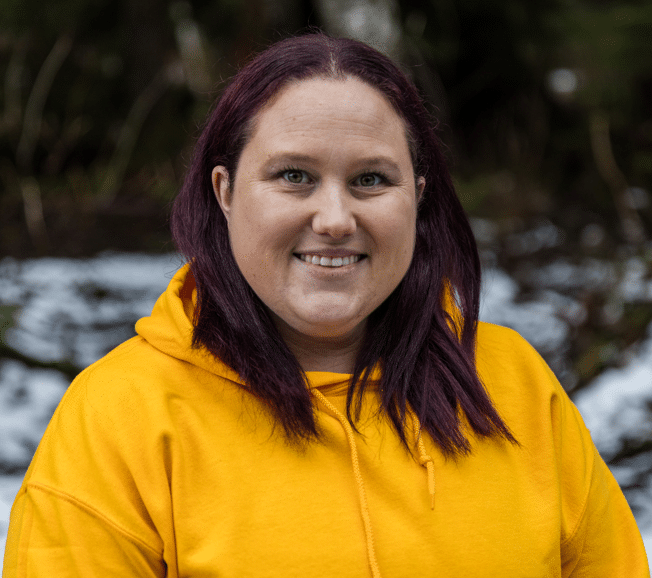
Michelle Popp
I am an open-minded coach, who will accept all parts of you. There is nothing too taboo to discuss. Whether you’re striving to discover your hidden potential, or just looking to move from striving to thriving, I can help. I am able to assist in all forms of transitions that life may have you in, from job to identity to school. I specialize in Youth/Teen/Young Adult Resilience Coaching. I prefer an organic approach to coaching, because it allows us to move deeper into the issues that truly brought you here. I believe that even the smallest of victories deserve the largest of celebrations!
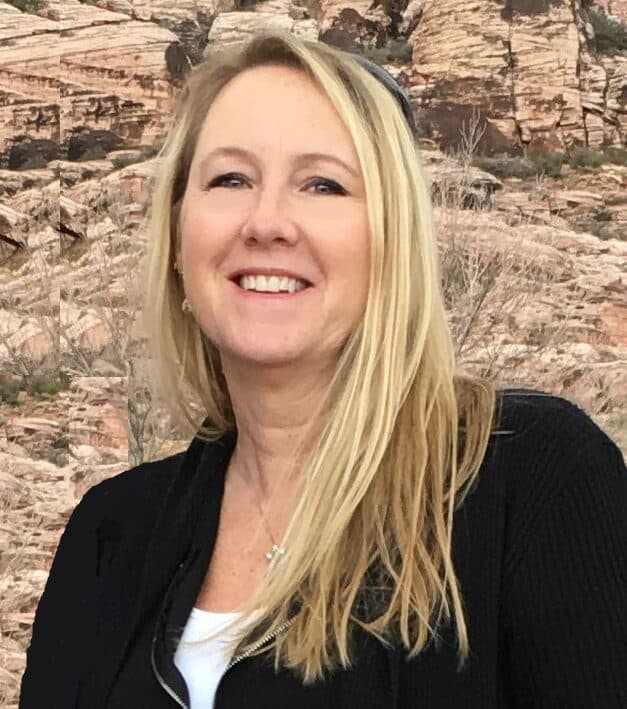
Laura Parks
Laura works directly with adolescents and young adults to help them realize and understand their worth and value, the power and control they have and how to use it wisely, how to listen to and trust themselves, and how to have healthy relationships; enabling them to build life skills and develop decision making practices.

Alicia Cacho
I live in Freeport, NY, and am a married mother of four. I have a background in Early Childhood Education and over 10 years of experience in childcare and early education programming. I’ve been providing youth services and resources in my community for over 6 years. I believe that everyone has a purpose; and while navigating this road we call life, sometimes, it may be hard to realize what that purpose truly is. It is truly my passion and purpose to help our youth discover that there is God-given greatness within them.
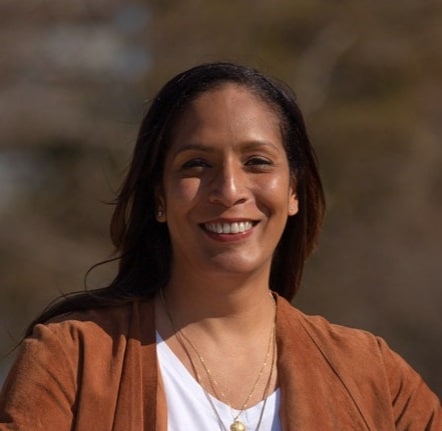
Carine Aubrun, PCC
As a certified coach and multicultural human resources expert, with over 15 years of experience, I specialise in supporting people in their Academic and Professional journey.
After living and working in more than 10 countries, I am now settled in beautiful Barcelona, Spain, where I founded Diamonds Coaching Group, dedicated to supporting Youth and
Adults. I know the pain of youth struggle, I know the challenges of the corporate world, I know the hardship of expatriation. Your challenges can be overcome, with the right support. If you are ready to take your personal, academic or professional journey to the next level, schedule a free consultation today and let’s get started!
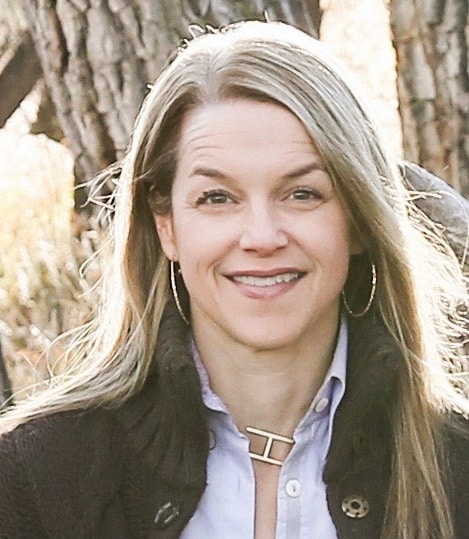
Heather LaMontagne
As the daughter of a psychologist, I grew up absorbing analytical guidance about improving myself and others. Taking a proactive stance in approaching life is not only a belief I hold true, but a way of life I help others manifest. I specialize in self compassion and life skills coaching for teens and young adults because empowering adolescents at this critical developmental stage opens hearts and fundamentally changes lives.

Suzy Martinek
I am a Life and Social Skills coach who helps young people, ages 13-30, define their core values and build resilience to live a more confident and fulfilling life, personally and professionally. As a mother of two adult children and youth leader for over 14 years, I am passionate about helping our young people become the best version of themselves.
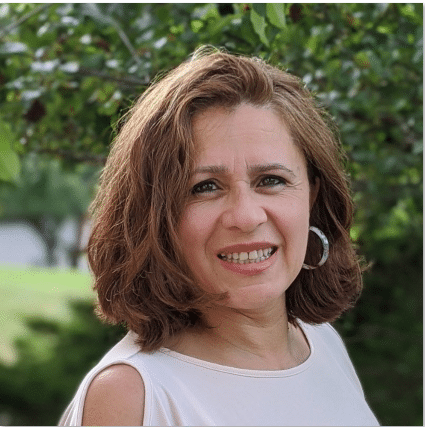
Anna Mazzoccoli
I am a life coach. I help people flourish.
Since leaving Italy at age 18, I have reinvented myself as an entrepreneur, a corporate recruiter, a marketer, and a high school teacher, recognizing opportunities in every obstacle and wearing all kinds of hats – ultimately becoming a youth life coach.
I have always believed that resilience can be learned and that instilling it in teens and young adults gives them the confidence to navigate life and bounce back after setbacks. With resilience, you become adaptable and grow in ways that rigidity prevents you.
Now, as a certified youth life coach, I offer you the skills to:
Achieve balance by managing stress, peer pressure, isolation, and perfectionism.
Grow into your most fulfilled self by reframing problems into opportunities for growth.
Overcome irrational anxiety by developing the ability to assess and manage a wide range of challenges.
Honor your family’s principles and priorities while settling into a new country or community.
My eclectic interests, background, and range of expertise make me uniquely successful in serving as the catalyst for transformation in my clients.
Coaching available in English and Italian.
Let’s co-create your best future!

Anya Alyzabeth
As a certified Youth Resilience Coach I use proven strategies and tools to help young people make good choices in their lives that have a strong impact on how they feel and act in today’s world.
As a Mom to a teen, I see first-hand the struggles that teenagers face these days and can relate to them in a way that they feel encouraged, understood and motivated to make positive changes.
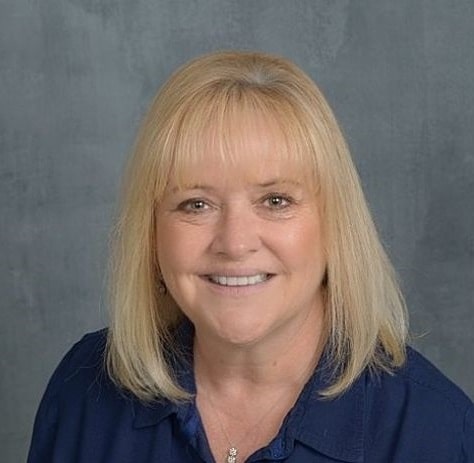
Tamara Barthel, ACC
Two to four million adults in the U.S. live on the autism spectrum. Over 500,000 teens join them every decade. These individuals have some of the highest potential of any in our society. Too often, that potential is limited by challenges that can be managed with adequate support. More support is needed. I created “CReW” (Creative, Resourceful and Whole) to help teens and adults with autism live WELL on the spectrum and reach their full potential. CReW provides training, coaching and resources to teens and adults on the spectrum and their families.

Mimari Akatsu Hall, MA
I empower leaders of tomorrow, ages 16+, who are ready to create the future they dream of. I meet them where they are in their life journey, help them get clarity about their goals, and walk by their side to the destinations they hope to reach one step at a time. I am excited about the partnership with young talents on their way to making their hopes and dreams come true, exploring possibilities, and supporting them to prepare for life beyond school and transition. I also partner with parents and caregivers so that they become the best version of themselves as role models and thrive together as a family.

Anna Kashner, MPH
Hello! I’m Anna Kashner and I’ve spent my entire professional career working with and for young people. All young people need trusted adults outside of their family to help guide them through adolescence and young adulthood. This is a role I’ve been in as a teacher, a youth development leader, and as an auntie. As a youth life coach, I specialize in helping youth and young adults identify and embrace their strengths, overcome their challenges, and create the life they want. Coaching topics include: relationships and friends, anxiety, stress, life transitions, future planning, career exploration, and academic success. I am also a trained executive function coach. My passion is to help young people discover who they are, build self-confidence, and find purpose. To witness young people step into their power as the amazing humans they are is one of my greatest joys. I also love to work with parents to help them achieve their parenting goals.

Aisling Demaison, ACC
Hello, I’m Ash, I’m a School Counsellor and certified Life Coach specialising in Youth Coaching and ADHD Coaching. My core purpose is to support young people to unlock their potential and live a more fulfilling life. My certification in Academic and Career Coaching, complements my background in Career Guidance education and my desire to steer young minds towards higher education. ADHD coaching has become a real passion of mine in recent years. Mainly drawn from my extensive experience as a school counselor observing the challenges faced by neurodiverse young people. My certification as an ADHD coach has significantly enriched my coaching toolkit. With a Master’s in Counselling, connecting with people has always been my core strength. I’ve held various roles in school management and currently serve as the Head of Pastoral Care in International Education; stressing the importance of understanding and addressing the current needs of young people in educational settings.

Gilbert Guo
I was born to connect with people. I’m a son of two immigrant parents and have spent my entire professional career serving and guiding people. My experiences include life coach, high school teacher, basketball head coach, and educational consultant guiding people with their college applications. I’m able and willing to coach adults of all ages. With my training and experience, you’ll get a coach who listens to what you have to say much more than he talks, is curious and nonjudgmental about your thoughts, and believes that you already have the answers within you to make progress toward your goals. My job isn’t to tell you what to do or what to think. My job is to give you a clear space so you can explore and determine what is best for yourself. I look forward to talking to you soon. You got this!

Mehroo Turel, PCC
Are you seeking support as a parent, for your child, or as a family? I’m here to help! As a certified ICF-PCC coach, experienced entrepreneur and a hands-on mother with 20 years of diverse personal experience navigating successful career transitions, I empower teens to discover their passions and set meaningful goals while navigating challenges. Whether it’s improving grades, managing anxiety, or finding focus for the next steps in life, I provide the guidance needed for them to become confident and self-aware young adults. Based on my work and experience, I will empower them to showcase their inner strength and develop strong personal and professional identities. I also assist parents who feel overwhelmed or disconnected. As a certified Mental Fitness and Youth Coach, my coaching techniques can transform family dynamics, offering practical strategies to enhance communication and foster positive engagement between you and your teen. Together, we’ll work towards a more harmonious family life.

Linda Gillespie
I’m a mom to four independent and awesome young men (ages 14-32). My life experiences have taught me about creating resiliency and strong self-advocacy. My background and involvement with learning differences, ADHD and social anxiety, along with working toward becoming a Certified Youth Resilience Life Coach provide me with a varied and diverse toolbox. I understand the science of stress, performance, and thriving because I’m also a trauma survivor who overcame the odds to create the life I knew I wanted.

Julie Holt Lucia
As a former dance studio owner and dance educator, I have a special passion for working with teens and young adults in the arts. My coaching specialty is supporting current and former dance students who are striving for goals while navigating obstacles like perfectionism or hyperstress. I help my clients uncover their strengths, stand confidently in their values, believe in themselves, and figure out their best-fit path forward—on and off the stage.

Jordan Tsuruta (USA)
I seek to help individuals overcome mental and physical barriers to achieve meaningful goals. I specialize in athletic performance and developing a competitive mindset. Coming from a background in tennis and combat sports, I understand that the work you do outside of practice is just as important as the training itself. As a certified life coach and professional instructor in tennis and martial arts, I work closely with youth to develop skills such as resilience, focus, and discipline. My goal is to equip young athletes for success in sports and life. Whether it’s managing the pressures of competition, improving confidence, or maintaining a balanced life, I provide personalized support tailored to each individual’s journey.

TiNille Crichfield
I am a certified life coach for young adults with a background in massage therapy, yoga, meditation, and early childhood education. I strive to help individuals navigate life’s rhythms with holistic techniques. By integrating mindful practices, stress-relief strategies, and self-care tools, I aim to empower clients to build resilience, foster mental clarity, and cultivate balance in both their personal and professional lives.

Anna Krbashyan
Certified Youth Resilience Coach
Every young person is a star—unique and bright. I’m here to help them shine with confidence.
Through encouragement, active listening, and evidence-based coaching, I support young people in overcoming challenges, building resilience, and discovering their strengths. My goal is to empower them to navigate life’s obstacles with clarity and self-belief.
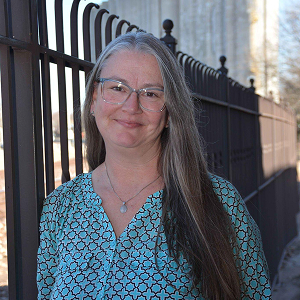
Valerie Shaw-Gavel
Certified Resilience & Mindset Coach
Founder of Ginkgo Tree Coaching
I don’t just talk about resilience—I’ve lived it. I offer a real, welcoming space where adolescents and young adults feel supported and empowered to grow into who they’re meant to be.
With over two years of sobriety, a childhood shaped by a parent’s alcoholism, and firsthand experience with sexual trauma, bullying, and suicide loss, I bring more than credentials to the table—I bring truth. Backed by certifications from the Youth Coaching Institute and the International Coaching Federation, my approach blends research with real life to help clients uncover their strengths, values, and identity—and use them to build a life they truly want.


